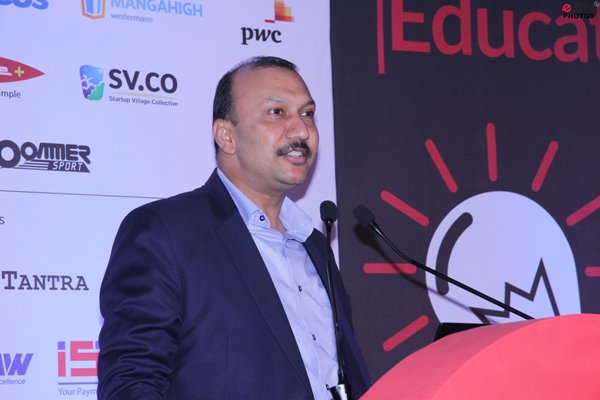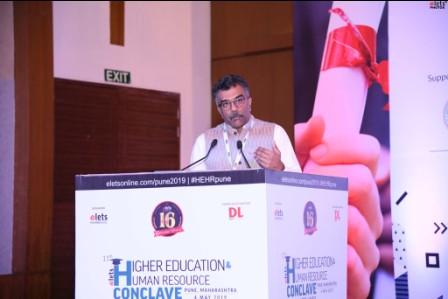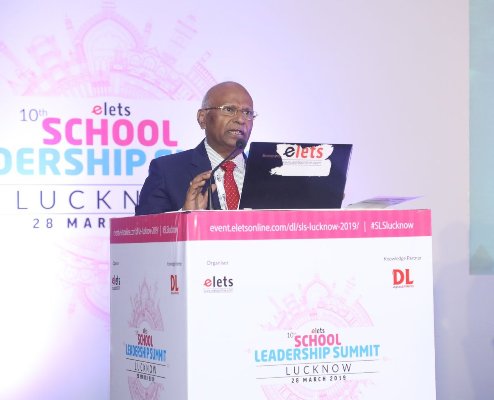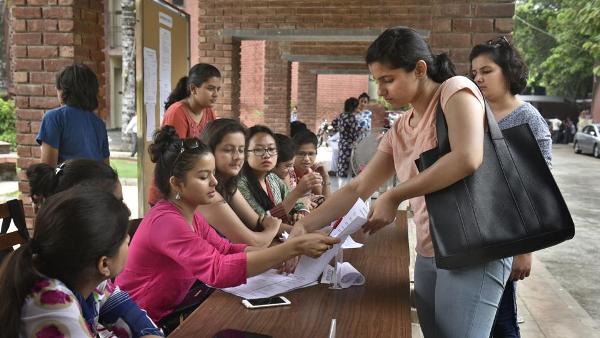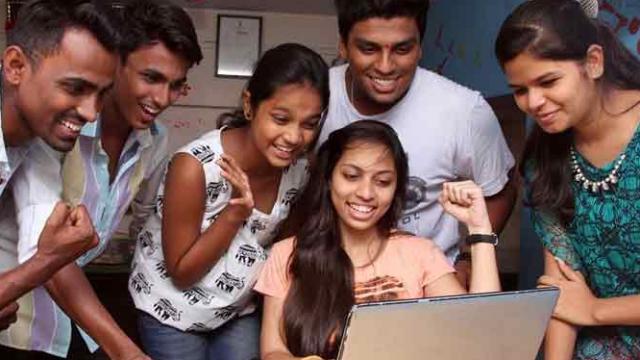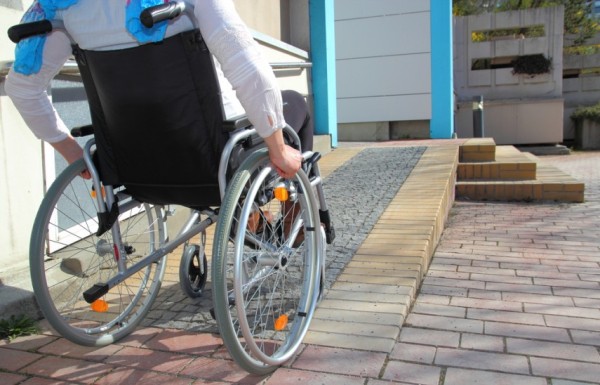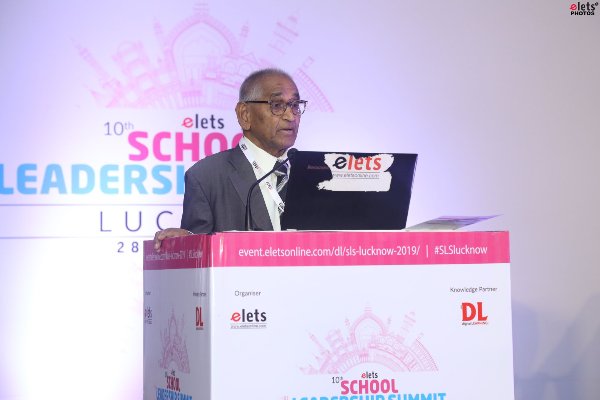“We are presently at the threshold of Industrial Revolution 4.0 wherein the new tools like Artificial Intelligence (AI), Machine Learning, Internet of Things (IoT), and Robotics will be implemented jointly to improve the outcomes. These technologies will be embedded with already existing equipments/technologies to transform our working methodologies,” said Navin Mittal, Commissioner, Department of Collegiate & Technical Education, Government of Telangana.
While addressing the 13 th World Education Summit Mumbai last year, he highlighted and discussed various topics relevant and important for improvement in education sector.
During his speech, Mittal discussed how industrial revolutions were started and how it impacted the human life. In this regard he started with very first industrial revolution and said, “Industrial Revolution 1.0 happened in 18 th century in the Europe when the steam engine was invented. The use of steam has helped the industries to boost their product outcomes multifold. The use of steam has helped the industries to boost their product outcomes multifold.”
“Second industrial revolution happened in Europe and the US in the later years of 19th century when electricity, communication, magnetism and combustion engines were invented. The combination of all these technologies has helped in transforming the line of production across the world,” Mittal further said.
Also Read: Technology Paving Way for Quality Higher Education in Telangana
He also shared the details of the countries that drove the various industrial revolutions across the world. In the context of Industrual Revolution 3.0, Mittal said, “Third Industrial Revolution happened in the US and Japan but it is expected that the Industrial Revolution 4.0 will happen in India and China. These two countries will drive the next Industrial Revolution and that’s why we have a tremendous opportunity.”
“Industrial Revolution 3.0 was just around 50 years back when Information Technology (IT) came in. The use of miniaturised electronic circuits has felicitated the IT revolution across the world. It transformed the large computers into very small machines and also changed the way world works,” he added.
Explaining about how Industrial Revolution 4.0 will facilitate the better connect between human and techonology, the senior bureaucrat said, “Now the likely Industrial Revolution 4.0 through the cyber physical connect is also likely to transform what we do completely in the coming years.”
Referring the Gurukul system which used to be followed in India, Navin Mittal highlighted some key aspects of it. He said, “The Gurukul system was not just about learning a subject or two, it was about the holistic development of students. At a very young age, students used to start living with their Gurus so that they can learn the skills needed to be successful in every sphere of life.”
Along with technology, Mittal also highlighted the importance of extracurricular activities. According to him, “While on one hand extracurricular activities help students to develop holistically, on the other, it is important for the present education system to collaborate with edu-tech industry for bringing innovation in teaching-learning processes.”






